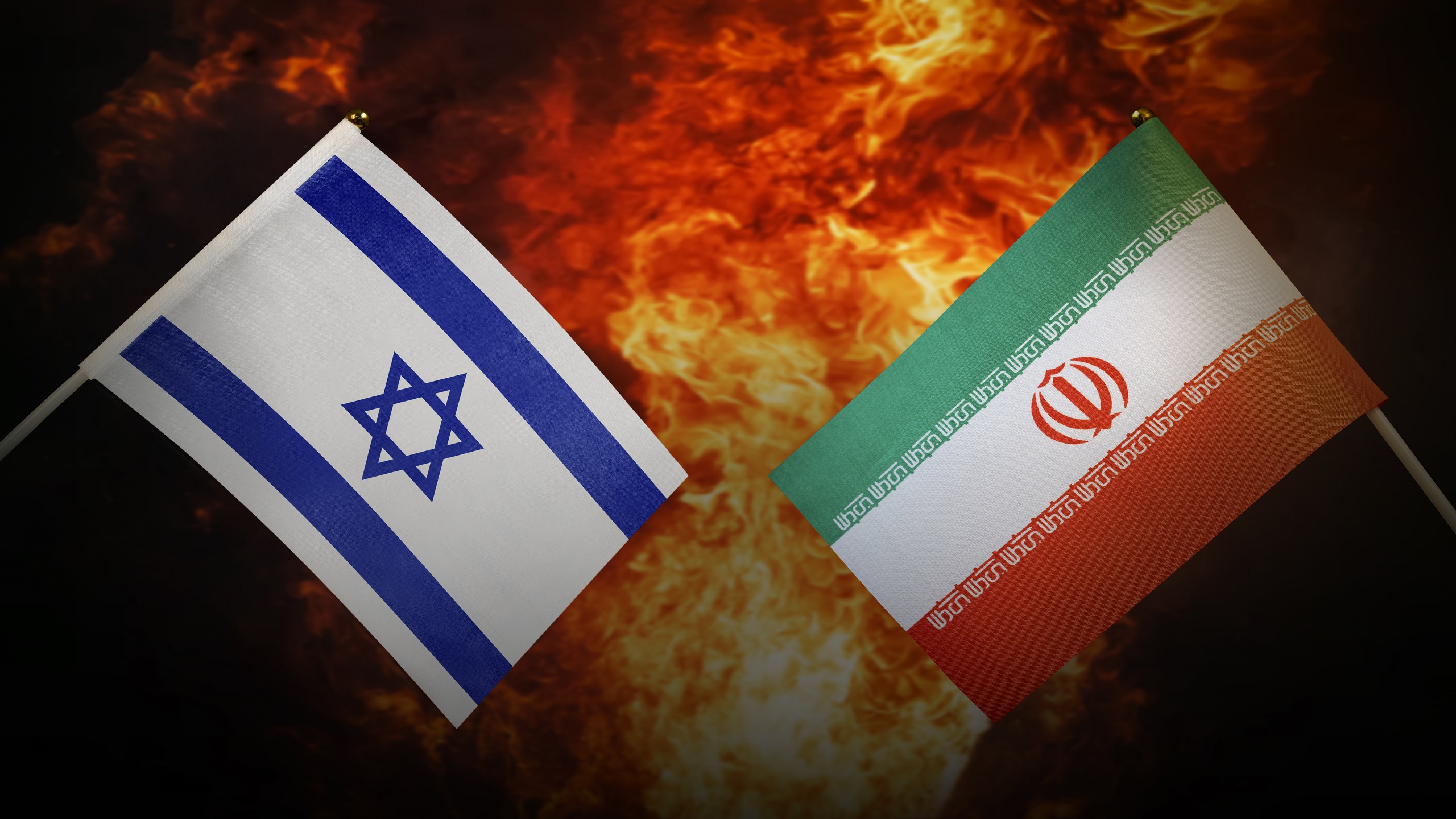Is the Israeli Government an Enemy of Iran or Its Ally?
Al Rai, Kuwait, March 24
The Palestinian people are not an “imaginary people,” as Israeli Finance Minister Bezalel Smotrich suggested at a recent symposium in Paris. His remarks provoked strong reactions from Jordan, which began to question the viability of the peace agreement signed between the two countries in 1994. The Palestinian people are more present than ever in Palestine since the establishment of the State of Israel in 1948, despite the fact that a senior Israeli minister considers them “imaginary.” This is because Israel eventually agreed to sign the Oslo Accords on the White House lawn, recognizing the Palestine Liberation Organization as the representative of the Palestinian people who seek liberation and the restoration of their rights. Despite Yasser Arafat’s many mistakes, he was nevertheless able to uphold a Palestinian identity for a people who have continued to resist occupation. The Palestinian people will remain. Finance Minister Smotrich will eventually depart. What Israeli leaders such as Smotrich fail to understand is that living in superstitions is one thing, but what is happening in Palestine is another. Israel cannot rid itself of the Palestinian people, no matter what tactics it employs. Moreover, Israel’s problem has become internal rather than with the Palestinians. Prime Minister Binyamin Netanyahu is occupied with his political future and how to evade imprisonment and is not concerned with the future of Israel in the region, nor the opportunities it is missing. Netanyahu is doing whatever he can to stay out of court, after being accused of corruption. He remembers the image of his predecessor, Ehud Olmert, in prison after being found guilty of bribery. It appears that Netanyahu is resigned to being at the mercy of right-wing ministers like Smotrich and Itamar Ben-Gvir, rather than being beholden to the judiciary and justice. This approach will ultimately lead him nowhere and he will eventually be confronted with the reality of a Palestinian people living on Palestinian land. This is an indisputable fact. As the late Palestinian leader Yasser Arafat was known to say, the Palestinian people have a presence on the political map of the region, and one day they will appear on the geographical map of the Middle East. There is an unavoidable question facing Minister Smotrich: what to do with the 7 million to 8 million Palestinians living between the Mediterranean Sea and the Jordan River? This question reveals the internal crisis gripping Israel. President [Isaac] Herzog’s concerns about a possible civil war suggest a deep division between the religious and more secular Jewish populations, who have nothing to do with one another. Modern, high-tech Tel Aviv stands in stark contrast to this conflict, with its success story and liberalism, which leave no room for error. More important than the internal dissent within the Israeli military is the wariness of other countries in the region, especially Jordan, to establish normal relations with the Jewish state. This has caused questions to arise concerning the relationship between Israel and the current US administration, which appears to be dissatisfied with the Netanyahu government’s lack of internal cohesion. What kind of government is this, which seeks to transfer the judiciary to its loyalists? This government, controlled by settlers, is willing to ignore whatever is left of the Oslo Accords. What is this government that seeks to challenge Iran’s nuclear program while simultaneously preventing any form of diplomatic engagement with its neighbors? It remains unclear if Netanyahu and his government are truly invested in confronting the “Iranian threat.” Smotrich’s comments display an alarming lack of awareness of what is happening around him. Internally, Israel must consider its relationship with the Palestinians, who cannot simply be erased from the land of Palestine. Regionally, Israel must consider its peace agreement with Jordan, as well as its recent Abraham Accords with the UAE, Bahrain, Sudan, and Morocco. Finally, Israel must consider its relationship with the US and the military and political coordination between the two countries when it comes to Iran and its regional ambitions. The actions of the Israeli government, led by Netanyahu, appear to be contradictory. Is this government an adversary of the Islamic Republic of Iran or one of its covert allies? All the measures implemented by the finance minister, thus far, seem to be aimed at advancing Iran’s expansionist ambitions. Who in the region can still trust Israel? –Khairallah Khairallah (translated by Asaf Zilberfarb)


